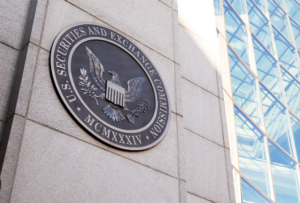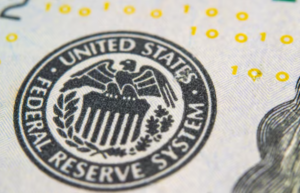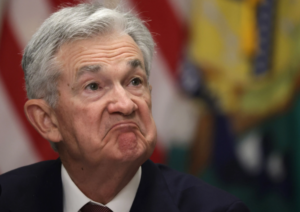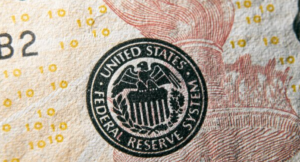#JayPowell #FederalReserve #EconomicPolicy #FinancialMarkets #MonetaryPolicy #USInterestRates #EconomicLanding #MarketOptimism
The journey of Jay Powell at the helm of the Federal Reserve is a narrative that intertwines skill, strategic policy decisions, and a dose of fortuitous circumstances. As the overseer of the United States’ monetary policy, Powell’s tenure has been marked by the pursuit of a “soft landing” for the economy—a term that has become synonymous with the careful navigation required to cool inflation without precipitating a recession. This delicate balance has sparked debates among economists, investors, and policymakers, with many questioning whether the Federal Reserve’s recent successes are a product of well-calibrated policy choices or merely the result of serendipity.
When Powell took charge, the United States, like much of the world, was navigating uncharted economic waters. With inflation rates spiraling and the global economy reeling from the impacts of the pandemic, Powell’s Federal Reserve was faced with the monumental task of stabilizing the economy. Through a series of interest rate hikes and a careful unwinding of the Fed’s balance sheet, the Powell-led Fed aimed to quell inflation without derailing economic growth. Critics feared that these measures could potentially tip the economy into recession, but the hoped-for soft landing began to appear within reach as inflationary pressures started to ease without a significant downturn in economic activity.
Under Powell’s stewardship, the Federal Reserve’s actions have undoubtedly been instrumental in shaping the US financial landscape. The careful calibration of interest rates—an effort to strike the perfect balance between curtailing inflation and fostering conducive conditions for economic growth—has garnered widespread attention. Powell’s Fed has consistently emphasized the importance of data-driven policy decisions, adapting its strategies in response to evolving economic indicators. This approach has not only helped in stabilizing the economy but also in restoring investor confidence, as evidenced by the recovery and subsequent resilience of financial markets.
However, the debate between luck and skill in Powell’s successful management of the economy continues to rage. While the Fed’s strategic decisions have played a crucial role, some argue that external factors, such as unexpected shifts in global economic dynamics and technological advancements, have also contributed significantly to the current economic landscape. Nevertheless, Powell’s ability to steer the economy through turbulent times has highlighted the importance of leadership in economic policy. As the United States and the world move forward, the lessons learned and the strategies employed during Powell’s tenure will undoubtedly provide valuable insights for future economic policymaking. Whether attributed to skill, luck, or a combination of both, Jay Powell’s success story is a testament to the complex and multifaceted nature of managing national economic policy.







Comments are closed.